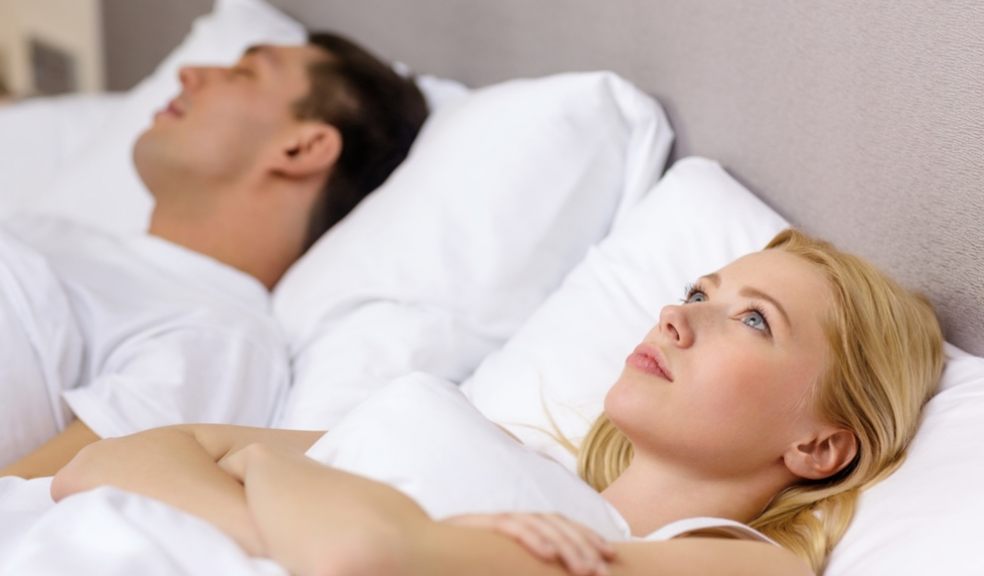
How has Covid affected people’s sleeping habits?
Among the more fundamental ways in which coronavirus has impacted our lives involve our sleep patterns. For some, the period has spelled sleepless nights, and even insomnia. For others, the time away from the office has meant superior quality of sleep. Let’s take stock of some of the factors involved.
Stress Drives Sleeplessness
If you’re worried, then you’ll find it difficult to get to sleep. This creates a vicious cycle, as sleep-deprived people are more likely to be worried. If you’ve spent a lot of time over the pandemic staring at daily graphs of death tolls, then you might have found yourself having trouble sleeping. When you have a never-ending stream of news coming from social media platforms, there’s no escape from the source of stress.
Home-working might make for better sleep
When you don’t have to set aside time every day to commute to and from work, there’s more time for other activities – including sleep. According to a TUC study in 2019, the average commute in Britain was just under an hour. In some parts of London, this figure is significantly higher. Being liberated from this commitment is good not just for our sleep, but for our overall stress levels.
No social life might help, too
Going out at the weekend, coming in in the early hours of the morning, and possibly consuming a lot of alcohol in the process, might have been a regular pastime before the pandemic. But now, there’s less opportunity to do so. Consequently, the quality and quantity of sleep we enjoy might have risen considerably.
Sleep deprivation is nothing new
Millions of Brits were chronically sleep deprived long before the pandemic hit. According to sleep expert Matthew Walker, sleep deprivation costs the UK economy some £30 billion in lost revenue a year. Almost half of us try to get by on less than six hours sleep a night, compared with just 8% of the population in 1942. So, while the pandemic might have spurred an uptick in stress, it’s nothing compared to the detrimental effects of our changing sleep habits over the last seventy or so years.
What can I do to sleep better?
There are a number of steps you might take to sleep better. The most important is to have a consistent sleep and waking-up time. This will make it easier for your body to regulate the cycle, and get you to sleep when you want to. Avoiding social media and bright lights in general is especially important, too. Increasing comfort an relaxation is important, too – keep the room nicely cold, and ensure that your bedclothes are suitably plush. Men's pyjamas or ladies nightwear might pay for themselves in the improved sleep you enjoy.
Finally, if you find that you can’t get to sleep, it’s recommended that you get up and do something else for a bit – that way you won’t associate lying in bed with lying awake, which can help you to stop catastrophising about the problem!



















